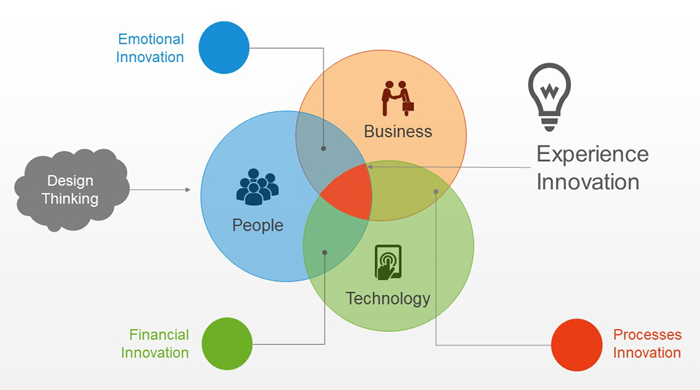Knowing which KPIs to track is the first step towards financial awareness, but the real goal is to use that awareness to monitor the health of your business and inform intelligent business decisions. Business owners and top-level executives must understand how to use KPIs to formulate a financial analysis that is accurate, actionable, and predictive.
These KPIs should be provided by finance and/or accounting personnel to help bridge the knowledge gap at all levels of an organization. Transparency among business groups regarding key metrics is one of the most commonly recognized ways to effectively monitor business health and meet short and long-term business objectives.

What are 'Key Performance Indicators - KPI'
Key performance indicators (KPI) are a set of quantifiable measures a company uses to gauge its performance over time. KPIs provide a way to measure how well companies, business units, projects or individuals are performing relative to their strategic and operational goals. KPIs can also compare a company's finances and performance against other businesses within its industry.
KPIs can help to reduce the complex nature of organizational performance to a small, manageable number of key indicators which are crucial to decision making and ultimately, to improving performance.
There are many, many KPI’s for every kind of organization. The following are illustrations of some of the more common and ubiquitous metrics.










